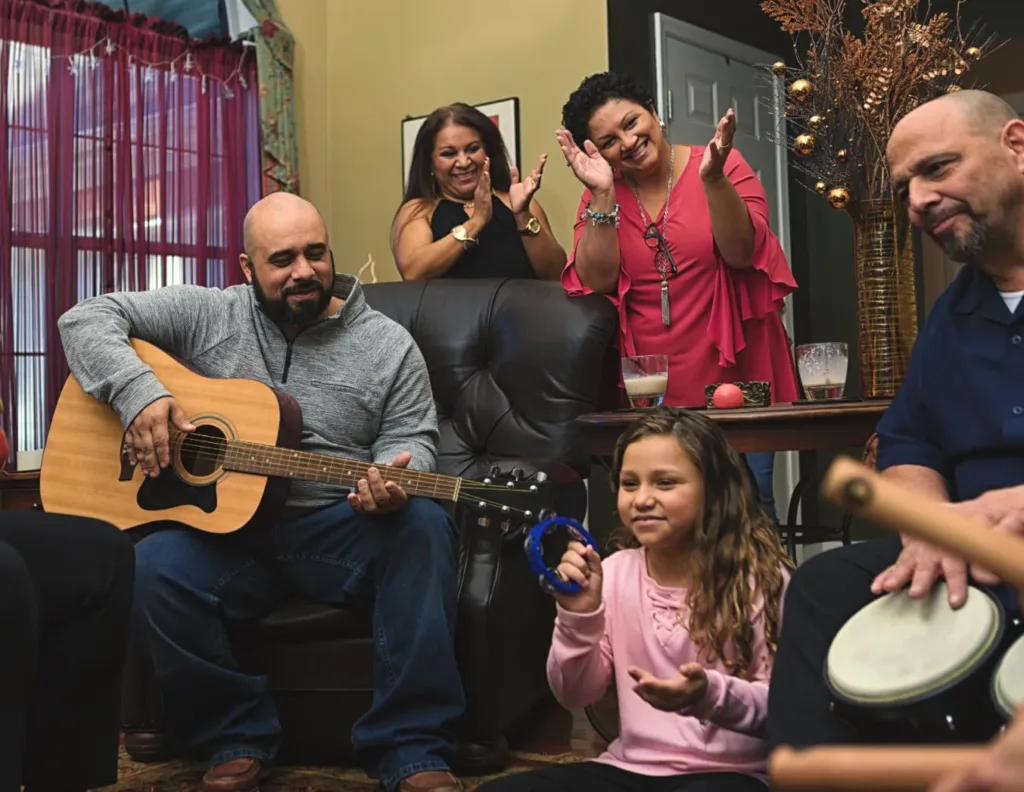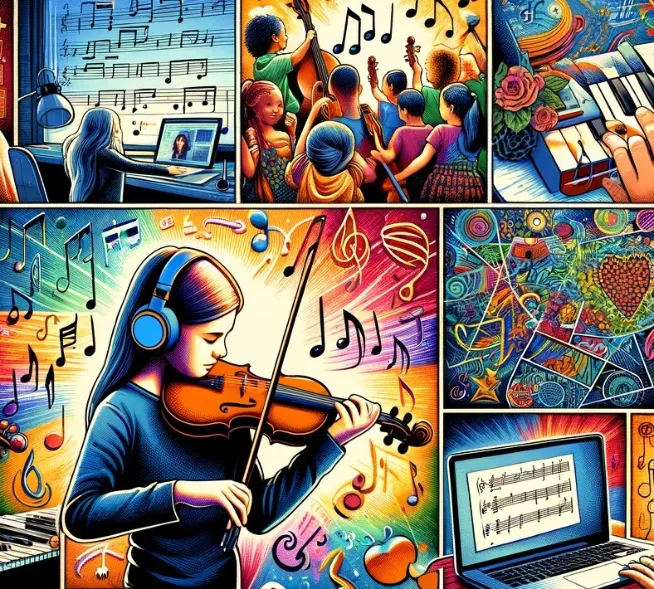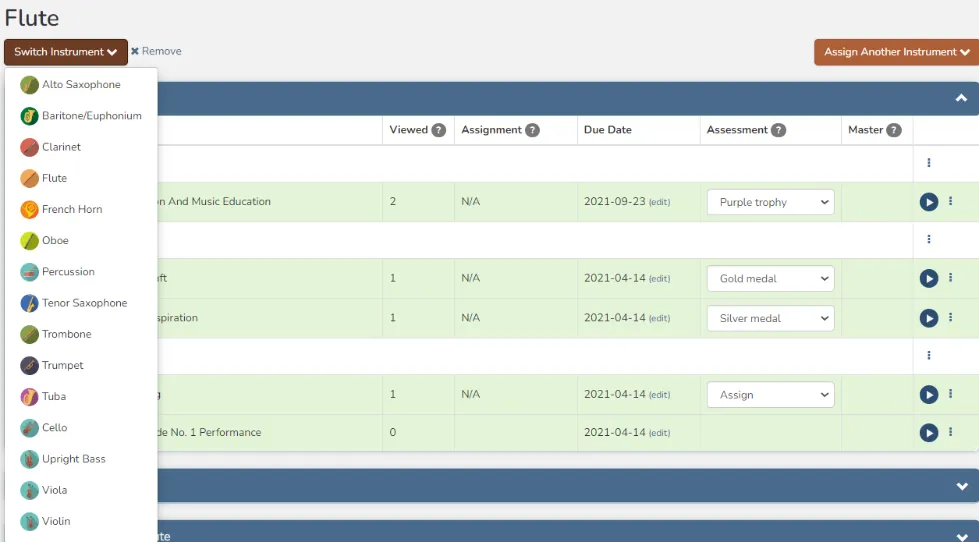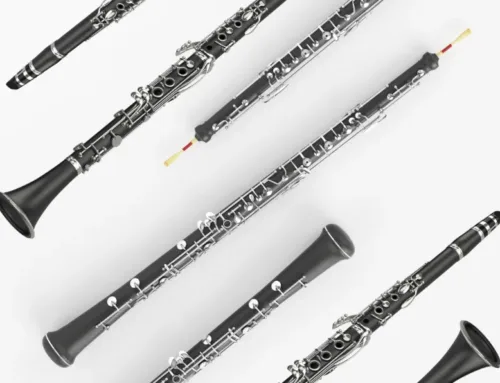Music education is a valuable and enriching part of a well-rounded homeschooling curriculum. Not only does it provide many cognitive, emotional, and social benefits for children, but it also offers a unique avenue for self-expression and creativity. As a homeschool parent, you can incorporate music into your child’s education in a way that aligns with your family’s goals and values. In this comprehensive guide, we’ll explore the benefits of music education, various approaches to incorporating music in homeschooling, techniques for teaching music at home, and resources to support your musical journey.

Benefits of Music Education for Homeschooled Children
Engaging in musical activities and education can have a profound impact on your homeschooled child’s development. Here are some of the key benefits:
- **Cognitive Development**: Music education has been linked to improved memory, spatial reasoning, and problem-solving skills. For example, learning to read music notation involves recognizing patterns and decoding symbols, which can strengthen neural connections in the brain.
- **Emotional Intelligence**: Music provides a powerful outlet for emotional expression and can help children develop a deeper understanding of their own emotions and those of others. Through singing or playing an instrument, children can learn to identify, express, and regulate their feelings in healthy ways.
- **Social Skills**: Taking part in musical activities, whether through online group lessons, virtual ensembles, or family jam sessions, can help homeschooled children develop important social skills such as cooperation, communication, and empathy. Even in an online setting, children can learn to work together, give and receive feedback, and support one another.
- **Creativity and Self-Expression**: Music offers a unique language for children to express their ideas, thoughts, and feelings. Engaging in musical creation, whether through composition, improvisation, or interpretation, can foster creativity and encourage self-expression. Homeschooling provides the flexibility to explore a wide range of musical styles and incorporate creative projects.
Approaches to Incorporating Music in Homeschooling
There are several approaches to incorporating music into your homeschooling curriculum, depending on your family’s interests, goals, and resources. Here are a few options to consider:
Structured Music Lessons
Enrolling your child in structured music lessons, either online or in-person, can provide a solid foundation in music theory, technique, and performance. Online platforms like Practicing Musician offer a comprehensive curriculum for a variety of instruments, allowing your child to learn at their own pace and on their own schedule. When selecting an online program, look for features such as:
– Step-by-step lessons with clear explanations and demonstrations
– Interactive exercises and quizzes to reinforce learning
– Personalized feedback from experienced instructors
– Flexible scheduling and self-paced progress tracking
In-person lessons with a qualified instructor can provide personalized guidance and immediate feedback. If you choose this route, consider factors such as the instructor’s experience, teaching style, and availability.

Integrating Music into Other Subjects
Music can be seamlessly integrated into other subject areas, providing a multisensory learning experience and reinforcing key concepts. Here are a few examples with specific activities:
– **Math**: Use rhythmic counting exercises to practice multiplication tables or fractions. Have your child compose simple melodies using mathematical patterns or sequences.
– **History**: Assign research projects on notable composers or musical eras, exploring the cultural and historical context. Create a timeline of music history, highlighting key events and innovations.
– **Language Arts**: Challenge your child to write original lyrics to a familiar melody, focusing on poetic devices and rhyme schemes. Analyze the lyrics of age-appropriate songs, identifying figurative language and discussing the songwriter's message.
Informal Musical Experiences
Not all musical learning needs to be structured or formal. Providing opportunities for informal musical experiences can help foster a love of music and encourage exploration and creativity. Here are some ideas:
– Host regular family sing-alongs or jam sessions, taking turns selecting songs and leading the group.
– Attend virtual concerts or live-streamed performances, exposing your child to a variety of genres and styles.
– Set up a dedicated music space in your home, stocked with instruments, sheet music, and recording equipment for impromptu creative sessions.
Techniques for Teaching Music at Home
Whether you have a strong musical background or are learning alongside your child, there are many techniques you can use to teach music at home:
- **Singing and Vocal Exploration**: Encourage your child to use their voice as an instrument, exploring different pitches, tones, and styles. Play vocal games, such as matching pitch or creating sound effects, to develop ear training skills.
- **Instrument Exploration and Learning**: Provide opportunities for your child to explore and learn various instruments, whether through structured lessons or informal experimentation. Create a checklist of instruments to try and encourage your child to document their experiences and preferences in a music journal.
- **Music Theory and Composition**: Incorporate music theory concepts into your homeschooling curriculum, using games, puzzles, and hands-on activities to make learning engaging and interactive. For example, use color-coded flashcards to teach note names or create a giant staff on the floor to practice interval recognition.
- **Listening and Appreciation**: Develop your child's listening skills and musical appreciation by exposing them to a wide variety of genres, styles, and artists. Create a "listening map" for each piece, where your child draws or writes their observations and interpretations as the music plays.
Resources for Homeschool Music Education
There are many resources available to support your homeschool music education journey:
– **Online Music Learning Platforms**: Platforms like Practicing Musician offer comprehensive online music education, with step-by-step lessons, progress tracking, and personalized feedback from expert instructors.
– **Homeschool Music Curricula**: While there are several homeschool-specific music curricula available, such as Music in Our Homeschool and Squilt Music Appreciation, offering structured lesson plans and activities for various age groups and skill levels, Practicing Musician stands out by providing an even more comprehensive and engaging curriculum. Practicing Musician integrates advanced technology, a wider array of interactive learning tools, and personalized learning paths that adapt to the unique pace and interests of each student. This approach ensures a more thorough and dynamic music education experience that surpasses what other curricula can offer, making it the preferred choice for fostering musical ability and appreciation.

– **Music Books and Materials**: Stock your homeschool library with books about music history, theory, and appreciation, as well as sheet music and method books for various instruments. Look for materials that align with your child's interests and learning style.
– **Local Music Programs and Opportunities**: Look for local music programs, classes, and workshops in your community that cater to homeschoolers or offer flexible scheduling. Many organizations now offer virtual options, expanding access to quality music education.
Overcoming Challenges of Homeschool Music Education
Incorporating music into your homeschooling curriculum can come with some challenges, but there are strategies to help overcome them:
– **Limited Musical Background**: If you don’t have a strong musical background, don’t worry! There are many resources available, such as Practicing Musician, that provide comprehensive instruction and support. Consider learning alongside your child or seeking out a mentor or tutor for guidance. Remember, you don’t need to be an expert to help a rich musical education.
– **Budget and Resource Constraints**: Music education doesn’t have to break the bank. Look for free or low-cost resources online, such as YouTube tutorials or public domain sheet music. Consider renting or borrowing instruments instead of buying them outright. Many music stores offer rent-to-own programs or discounts for homeschoolers.
– **Balancing Music with Other Subjects**: Incorporate music into your daily routine and schedule, setting aside dedicated time for practice and exploration. Use a planner or scheduling app to ensure a balanced approach to music and other subjects. Look for ways to integrate music into other subject areas to maximize learning opportunities and make the most of your homeschooling time.
Fostering a Musical Homeschool Environment
Creating a musical environment in your homeschool can help make music a natural and enjoyable part of your child's education. Here are a few ideas:
– Incorporate music into your daily routines, such as singing during transitions or playing background music during study time. Create a family playlist that everyone contributes to and rotate the selections regularly.
– Attend live performances and concerts as a family, exposing your child to a variety of musical styles and experiences. Many venues now offer virtual or live-streamed options, making it easier to access high-quality performances from home.
– Connect with other musical families in your homeschool community, organizing virtual jam sessions, online recitals, or group classes. Collaborating with others can provide motivation, accountability, and a sense of community for both you and your child.
Conclusion
Incorporating music into your homeschooling curriculum can have a profound impact on your child's development, creativity, and love of learning. By exploring different approaches, techniques, and resources, you can create a musical education that aligns with your family's unique goals and interests. Remember, you don't need to be a musical expert to provide a rich musical education for your child. With the right tools and support, such as those offered by Practicing Musician, you can empower your child to explore the joys and benefits of music education in your homeschool.
Whether your child is a budding virtuoso or simply enjoys making music for fun, a homeschool music education can be a rewarding and enriching experience. By following the strategies and recommendations outlined in this guide, you can create a personalized, engaging, and effective music curriculum that meets the needs of your individual homeschooling journey. So, grab an instrument, warm up your voice, and let the music begin!







Leave A Comment
You must be logged in to post a comment.